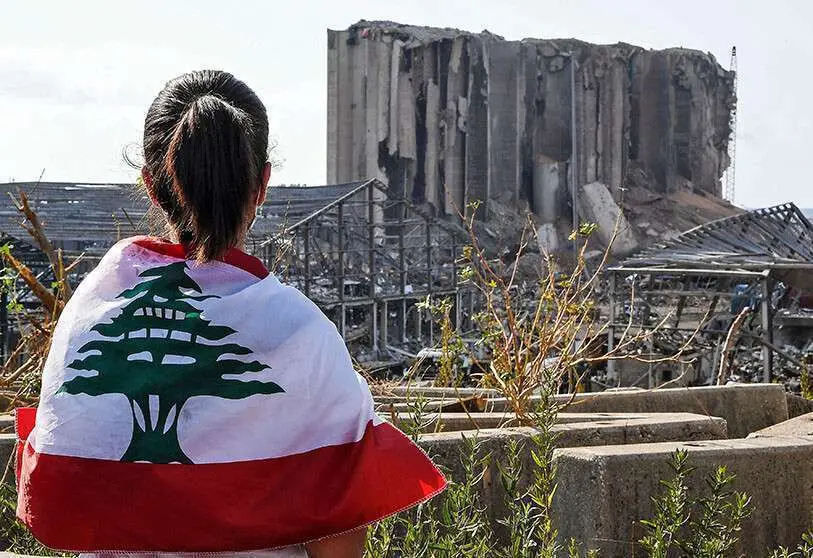Undeclared wars

Lebanon is suffering from political, economic and social chaos caused by internal and, above all, external interests.
Many innocent people die when an undeclared war is under way and there are explosions that cannot be explained as if it were an accident. Of course, there is still no clear evidence, no hard evidence to say that the terrible explosions, at least two, in the port of Beirut were caused. However, some suspicions are gradually becoming apparent, interspersed with statements such as that made by the President of Lebanon, Michel Aoun, which mixes the option of foreign interference with a bomb or a missile. Beware of the fake video montages that are circulating, as is unfortunately all too common, on social networks with impunity and anonymity that are unacceptable but allowed despite the enormous damage they cause.
In today's world, totally shaken by the coronavirus pandemic, warlike actions are openly maintained in Syria, Libya or Yemen, despite the constant ceasefire agreements between the parties. Meanwhile, what is really clear is the struggle for power, control, trade, economy and influence in the whole of the Middle East between old enemies such as Iran and Saudi Arabia, with other relevant actors from their own interests such as Israel or Turkey and with the great powers trying to extend their sphere of action and consolidate logistical bases such as Russia in the Mediterranean. China and the United States have another area of confrontation for the control of world trade and new 5G technologies to guarantee their hegemony for the next five years, at least.
In the midst of this complicated crossroads of interests of all kinds and conditions, there are countries that are fighting to preserve political, economic and social stability but their constant internal intrigues serve various ambitious leaders to fan the flames of confrontation and chaos. In recent months, Lebanon has responded perfectly by setting the example of a country where the balance of power is hanging by a thread, the economic crisis has been aggravated by the arrival of thousands of Syrian refugees and, moreover, the ghosts of its bloody civil war of the 1980s are once again being fed by actions and attacks between the contenders and the various groups or countries that support them. Many tons of ammonium nitrate, too long stored in dire conditions in the port of Beirut, but the key is in the detonator that caused the first explosion that could later affect some of Hezbollah's weapons and explosives depots. Nothing is accidental in this world of intrigue.

